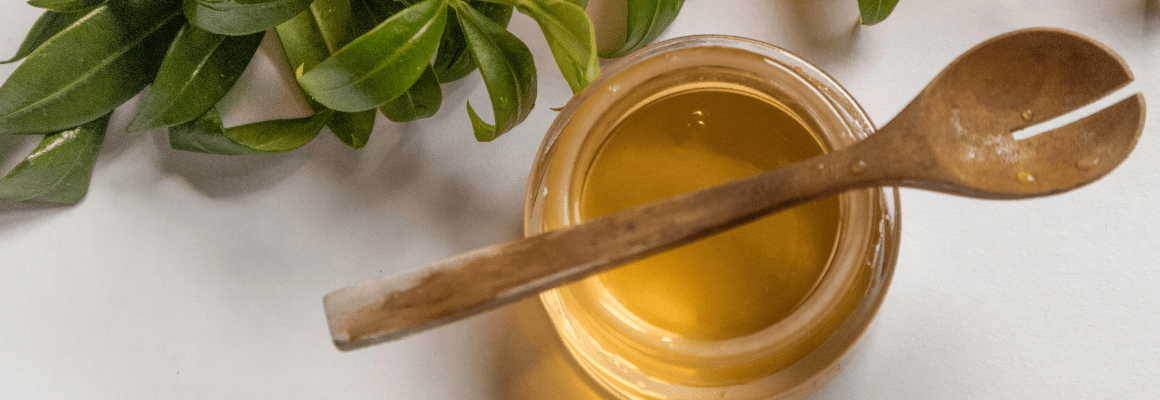Scrotal eczema is a common condition in men. This condition affects the scrotum, which is the bag of skin containing the testicles. In this post, we’ll go over symptoms and causes of the condition, as well as how to treat scrotal eczema naturally.
What is Scrotal Eczema?
Scrotal eczema is a form of eczema that affects the scrotum, however, it can spread to the skin around the anus, between the buttocks, and on the penis.
Similarly to groin eczema, it can often be mistaken for jock itch which is a contagious fungal infection. Because these are two very different conditions, it’s important to seek medical attention in order to properly diagnose your condition. Symptoms of scrotal eczema include itchiness, burning, redness, swelling, dryness, and scaling.
Causes of Scrotal Eczema
The exact cause of eczema is actually unknown. However, as the skin on the scrotum is more absorbent and naturally warm and moist, it’s more susceptible to fungal infections, bacterial infections, and rashes. As with all forms of eczema, flare ups can be triggered by contact with external irritants such as latex, rubber, and elastic.
The Best Scrotal Eczema Treatment
Sensitive Skin Care
This Organic Manuka Skin Soothing Cream uses 100% natural ingredients. This makes it a gentle remedy for delicate areas of the body. Unlike most creams, there is no burning or stinging.
This oil-based balm contains organic olive oil, organic beeswax, filtered water, grape seed oil, organic active 16+ New Zealand manuka money, and manuka oil extract. There are absolutely zero added preservatives or fragrances.
Eczema-Friendly Underwear
These Remedywear™ Boxer Briefs are the best underwear for treating scrotal eczema. Made with soothing TENCEL and embedded with anti-inflammatory zinc fibers, they work to relieve irritation as well as enhance the effectiveness of natural skincare products, such as the Organic Manuka Skin Soothing Cream mentioned above.
A latex-free elastic waist band ensures the fabric stays comfortably in place without any rubbing, sliding, or pinching. Enjoy their moisture-wicking properties that help prevent chafing or sweaty irritation.
Wet and Dry Wrap Therapy
Wet and dry wrap therapy are effective and easy ways to boost the healing process. These at-home treatments provides fast relief for inflammation and irritation.
To dry wrap, simply apply an emollient to slightly damp skin and cover it with clothing to lock in the moisture.
To wet wrap, first soak the skin in water for 15-20 minutes, and then seal with a moisturizer and damp clothing. Leave the clothing on for a minimum of 2 hours.
We recommend using these Remedywear™ Bandages as they are completely hypoallergenic and use latex-free elastane.
Elimination Diet
Have you ever tried an elimination diet for eczema?
This involves removing certain foods from your diet for a specific amount of time (typically around a month) and then slowly incorporating them back in to see which caused a reaction.
Some of the top food triggers for eczema include soy products, nuts, dairy, gluten, shellfish, and citrus fruits.
That being said, everybody is unique and may experience different reactions to these foods. If you’re looking to start an elimination diet, we first recommend speaking to your dietitian or physician to ensure that your body is still getting all the proper nutrients.
Reduce Stress
Stress-induced eczema is real.
If you find yourself stressed out and anxious, it’s important to take the proper steps to calm and relax your mind. Even just fifteen minutes of meditation every day can significantly improve your skin.
We recommend taking the time to journal your thoughts, go for a leisurely walk, do something creative, and ensure you’re getting enough sleep.
References:
https://www.healthline.com/health/scrotal-eczema










